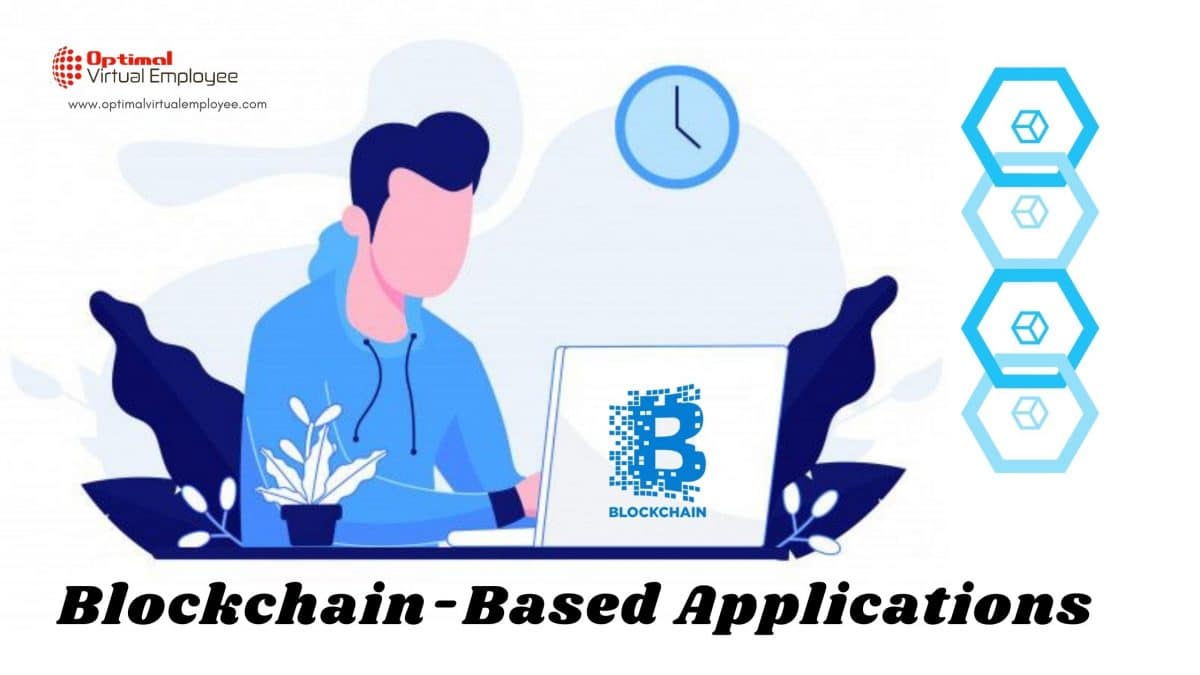The blockchain policies have opened doors for blockchain-based applications. The importance of these applications is exponentially increasing among businesses and enterprises. It is so because the relevant blockchain allows companies to experiment with the data management of transaction processes.
Few critical factors should be kept in mind while finalizing the appropriate blockchain developer for your application.
Type of blockchain network, whether it is private, public, or permission-based.
- Type of consensus, whether it is proof of work, pluggable or partitioned.
- Monetary requirements, whether it is free, paid, or open-source.
- Types of languages supported, whether it is javascript, python, C, or C++
Platforms For Building Blockchain Applications
After evaluating all the points mentioned above, you can read the list of the top 5 blockchain platforms to decide which one you want to buy for your firm:
1. Ripple
It was made in 2012 and is known to ease the process of cross-border settlements. It connects the communities of payment providers, corporates and banks. Its digital asset named “XRP or Ripple” permits global payments and is as famous as Bitcoin. The best part is that Ripple is quicker than any other blockchain. It is because the software engineers have built it using advanced blockchain technology. Its commendable feature “issuance” gives the right to the user to lock that particular asset. That helps in cutting down the undertaking amount and also maintains transparency.
Ripple is known to imply probabilistic voting to make a connection among the consensus nodes. It is open-source and untied for every single customer. Transactions can be done using various blockchain assets like BTC/LTC and non-native currencies like USD, Yen, etc. Renowned brands like American Express, MoneyGram International, SBI Holding, and Deloitte are examining Ripple. If it goes their way, they integrate with this blockchain to make the payment process facile and secure.
2. Ethereum
It was found in 2013, and today it is the 2nd largest cryptocurrency tenet in the world. It is an open-source tenet that is dispersed and helps in intelligent contract functionalities. It supports coding languages like Python, Go, and C++.
This platform is best suited for financial applications, games, decentralized markets, and building a decent cryptocurrency wallet. The only demerit is that it functions on Proof of Work consensus, making it slower than other blockchains. But there are high possibilities that it will change into a Proof of Stake consensus in upcoming years. It also has a cryptocurrency called Ether (ETH) which people use to make payments globally. This cryptocurrency is used to fuel the Ethereum ecosystem. Any software developer who builds software using Ethereum is supposed to pay the money in Ethers.
3. EOS
It was launched in 2018 and is run by a private firm named Block.one. It is made for the software development of decentralized applications. As soon as the company was launched, it decided to distribute one billion ERC-20 tokens of cryptocurrency. This resulted in getting the audience’s attention across the world as it allowed anyone to use the EOS blockchain after its release.
EOS allows performing an end number of tasks and exchange of messages free of cost. The authentication process is robust, and permission for access can be assigned to each account according to the hierarchy. EOS focuses on cross-industry transactions and uses delegated proof of stake consensus. It also has its community known as the “EOS forum”, where all the software developers can exchange their ideas and resolve problems.
4. OpenChain
It is an open-source distributed ledger technology platform made by Coinprism. It supports Javascript language and uses partitioned type consensus, which is more well organized than platforms that use proof of work. There is no such minor in the OpenChain; thus, it is chargeless and attested by the asset administrator.
The OpenChain Block focuses on the digital asset management industries. It has got smart contract functionality, and it is governed by the Linux Foundation for all its actions.
5. Stellar
It is a dispersed blockchain-based ledger, and it is made for smooth processing of the cross-asset shift utility—it pacts with the swapping of cryptocurrencies and fiat-based currencies. Through Stellar, one can quickly build banking tools, mobile wallets, and bright devices. The Stellar Consensus Protocol allows reaching the consensus eliminating the indulgence of the dependency of the closed system to jot down the financial transactions. SCP takes care of safety by cutting down the network process until a consensus is reached, too, in problematic nodes.
SCP has got a highly efficient consensus algorithm for financial and computing needs. It helps in eliminating the problems to enter and create an economic system for budding contributors. SureRemit uses a stellar blockchain to connect the non-native people living in foreign countries with the traders who provide services for their families living in another country. Many other big firms like ICICI Bank, RippleFox, NaoBTC have integrated with Stellar for the activities related to monetary relocation through the borders.
Conclusion
Blockchains are emerging and growing exponentially. Thus, new platforms are released every day, and old ones are updated to satisfy the needs of the firms they are integrated with or attract new firms. Many blockchains are present in the market; it depends on the firm which blockchain suits their business type the best. Therefore, the top 5 blockchains adapted by the reputed firms are mentioned in this article to make your evaluation easier.
Also Read:









